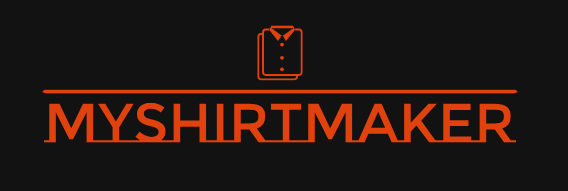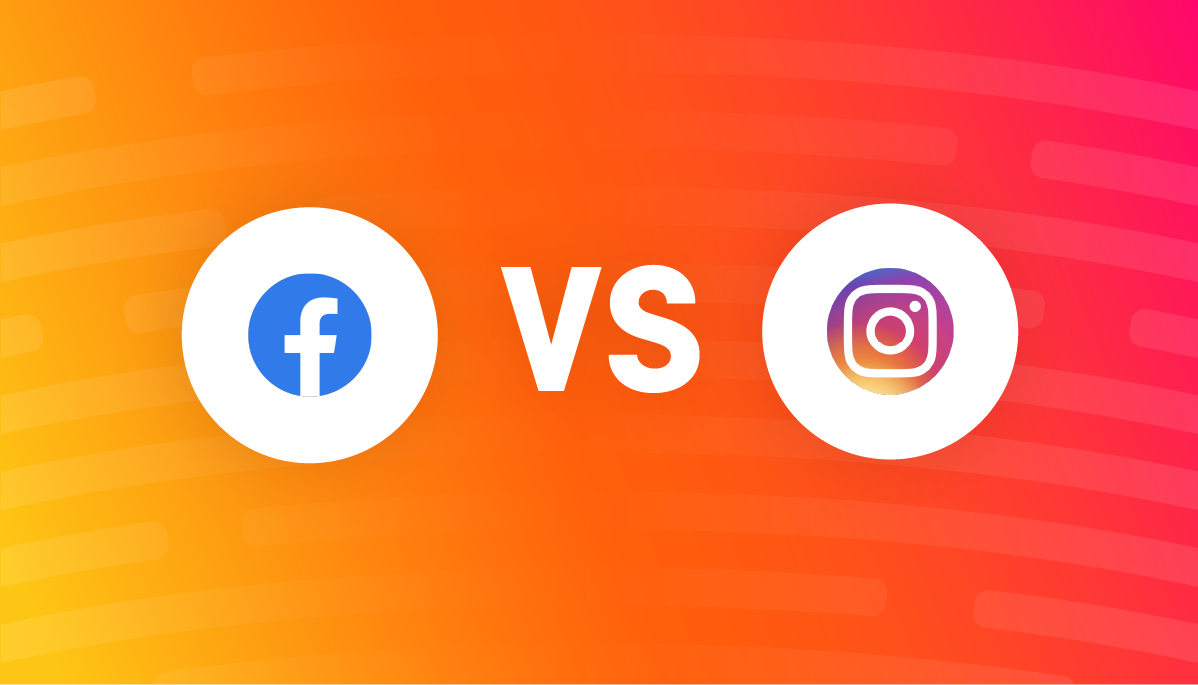Future-Ready STEM Explore the Updated Curriculum

Embracing Interdisciplinary Approaches
The future of STEM isn’t about isolated disciplines; it’s about interconnectedness. The updated curriculum emphasizes project-based learning that blends science, technology, engineering, and mathematics. Students aren’t just learning physics in isolation; they’re applying physics principles to solve engineering challenges, using technology to model and analyze their solutions, and presenting their findings using mathematical models. This holistic approach mirrors real-world scenarios where problems require diverse skill sets for effective solutions.
Coding and Computational Thinking: A Cornerstone of Modern STEM
Coding is no longer a niche skill; it’s a fundamental literacy in the 21st century. The revised curriculum integrates coding and computational thinking across various subjects. Students learn to break down complex problems into smaller, manageable steps, a crucial skill for problem-solving in any field. This isn’t just about learning a specific programming language; it’s about cultivating a mindset that approaches challenges systematically and logically, crucial for innovation.
Data Science and Data Literacy: Navigating the Information Age
We live in a world awash in data, and the ability to understand, analyze, and interpret it is paramount. The updated STEM curriculum incorporates data science principles, teaching students how to collect, clean, analyze, and visualize data. This goes beyond simply using spreadsheets; it includes understanding statistical methods, recognizing biases, and drawing meaningful conclusions. Data literacy equips students to become informed citizens and critical thinkers in a data-driven world.
Artificial Intelligence and Machine Learning: Preparing for the Future of Work
Artificial intelligence and machine learning are rapidly transforming industries. The updated curriculum introduces fundamental concepts of AI and machine learning, focusing on ethical considerations and societal implications. Students explore the potential applications and limitations of these technologies, preparing them for a workforce increasingly reliant on AI-driven systems. It fosters critical thinking around the impact of these technologies on society and the workforce.
Robotics and Automation: Hands-on Learning with Real-World Applications
Robotics and automation are reshaping manufacturing, healthcare, and countless other sectors. The new curriculum provides hands-on experience with robotics, allowing students to design, build, and program robots to solve real-world problems. This experiential learning fosters creativity, problem-solving skills, and an understanding of the technological advancements driving automation. Students learn teamwork and collaboration, essential skills for navigating complex projects.
Sustainability and Environmental Science: Addressing Global Challenges
Climate change and environmental sustainability are pressing global concerns, demanding innovative solutions. The revised STEM curriculum places significant emphasis on environmental science and sustainability, teaching students about ecological principles, renewable energy sources, and responsible resource management. Students explore solutions to environmental problems, encouraging them to become environmentally conscious citizens and future innovators in green technology.
Design Thinking and Innovation: Fostering Creativity and Problem-Solving
The future demands innovative thinkers capable of tackling complex challenges. The updated curriculum integrates design thinking principles, empowering students to approach problems creatively and iteratively. They learn to empathize with users, define problems clearly, brainstorm solutions, build prototypes, and test their ideas. This process fosters critical thinking, collaboration, and a growth mindset, essential for navigating an ever-evolving world.
Personalized Learning and Adaptive Technologies: Catering to Individual Needs
The updated curriculum recognizes that students learn at different paces and have different learning styles. It leverages personalized learning strategies and adaptive technologies to cater to individual needs, providing customized learning pathways and support. This ensures that every student has the opportunity to reach their full potential, regardless of their background or learning style. This personalized approach makes learning more engaging and effective.
Collaboration and Communication: Essential Skills for the 21st Century
STEM fields are collaborative endeavors, requiring effective communication skills. The updated curriculum emphasizes teamwork and collaboration through group projects, presentations, and peer learning activities. Students learn to communicate their ideas clearly and effectively, both orally and in writing, essential skills for success in any profession. This fosters a sense of community and shared learning.
Career Exploration and Pathways: Guiding Students Towards Future Opportunities
The updated curriculum provides students with exposure to various STEM careers, helping them explore their interests and identify potential pathways. This involves guest speakers, career fairs, and mentorship opportunities that connect students with professionals in the field. It provides a realistic understanding of STEM careers and the pathways to achieve them, helping students make informed decisions about their future. Read also about the stem academy curriculum.







